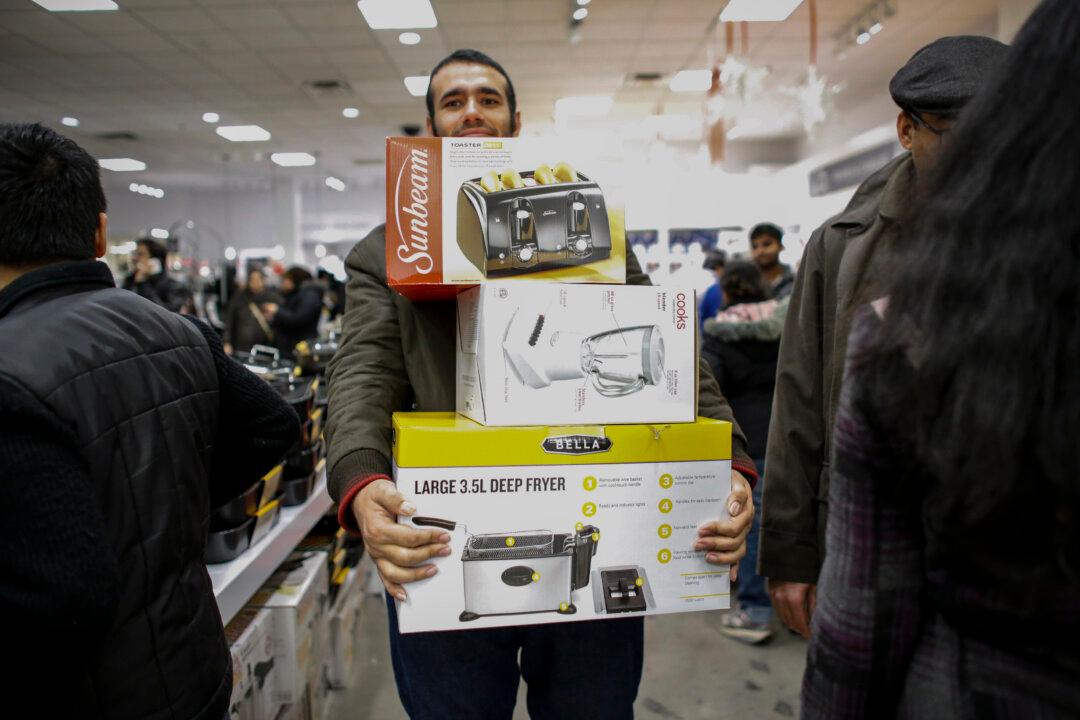After years of Black Friday sales creeping into Thanksgiving, many retailers have realized it isn’t worth it, and are encouraging employees to spend time with their families instead.
For at least half a century, Black Friday has been the biggest shopping day of the year; the acknowledged start to the Christmas sales season—the day retailers move into the black.
But as stores started opening their doors earlier and earlier until finally creeping into Thanksgiving itself, something was bound to give: Either Thanksgiving would be defended as a day for families, or it would become a day like any other.
As it turns out, something in the middle happened.
Retailers, discovering that doorbuster sales aren’t necessarily more profitable, and can even be harmful in terms of brand affinity with employees and consumers, have started to retreat from opening on Thanksgiving Day.
‘Black Thursday’ Backlash






